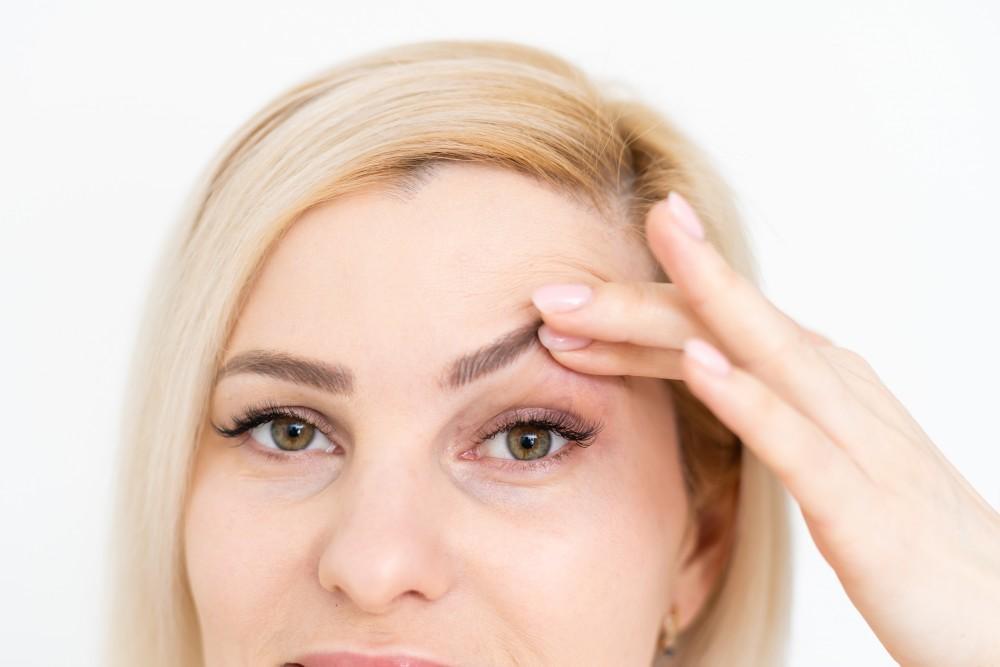
Botox Shows Signs of Becoming a Possible Treatment Option for Depression Symptoms

Most of us first heard of Botox when it started being used as a cosmetic procedure to help people alleviate wrinkles and fine lines for a more youthful appearance. Over the years, Botox has been tried and tested with positive effect to treat a range of medical conditions. Thanks to a surge in modern methods to manage mental health conditions, Botox is also proving to be an effective treatment for depression.
Studies and Results
Tests were conducted at the Hannover Medical School in Germany where participants received an injection into multiple areas of the face. Focusing on the parts of the face that trigger emotion has shown a significant reduction in the symptoms of depression.
The study’s chief investigator Tillman Kruger spoke about the treatment at the 2014 American Psychiatric Association annual conference stating that our emotions are exhibited when our facial muscles contract and this sends feedback signals to the brain, which reinforces both our moods and behavior. By treating the facial muscles with Botox, the cycle is interrupted which helps to balance out the messages the brain is receiving.
Sufferers of major depression note improvement following injections to the frown lines above the nose and between the eyebrows. In another trial by Kruger and his associate, Dr. Axel Wollmer at the Asklepios Clinic in Hamburg, 30 patients with severe depression that has been treatment resistant were broken into two groups, with some given the Botox injections while others were given a placebo with saline. Six weeks after one injection the group who had received Botox reported a 47% reduction in the symptoms of their depression compared with just 9.2% in the placebo group. The improvements in symptoms at the end of the trail were even larger when other tools were used to measure subjects’ depression symptoms. Two other non-related depression studies that have used Botox found similar results to Kruger’s.
Botox: A Modern Mental Health Treatment
These findings only strengthen the validity of Botox as a therapeutic method of treating depression. Botox offers a simple solution in a modern world that is becoming fast aware of the mental health issues such as chronic depression and the side effects and issues that can come with taking antidepressants and other prescribed medications. These results pave the way for Botox to be trialed in treating other psychiatric disorders, too.
While it is still early days for Botox in terms of application and widespread success, many practitioners and patients alike understand that rolling out new treatment methods are critical to health going forward and in time it will be interesting to see how many insurers and practices utilize Botox for treating depression. At present, the cost of Botox is high but at least where depression is concerned it takes far fewer Botox treatments to see long lasting results. This is likely encouraging for a lot of people suffering from major depression, who may choose to try the treatment. With nothing but positive feedback so far, it seems like Botox for treating depression may be a solution where the benefits far outweigh the costs.
Call us today to schedule your Botox consultation!
You Might Also Enjoy...


Eyelid Surgery: A Minor Procedure with Major Anti-Aging Results

Breast Reduction Surgery Is More Popular Than Ever — Here's Why

How CoolSculpting Can Boost Your Body Confidence This Year

Collagen Induction Therapy: 6 Skin-Renewing Benefits of Combining Microneedling With PRP


